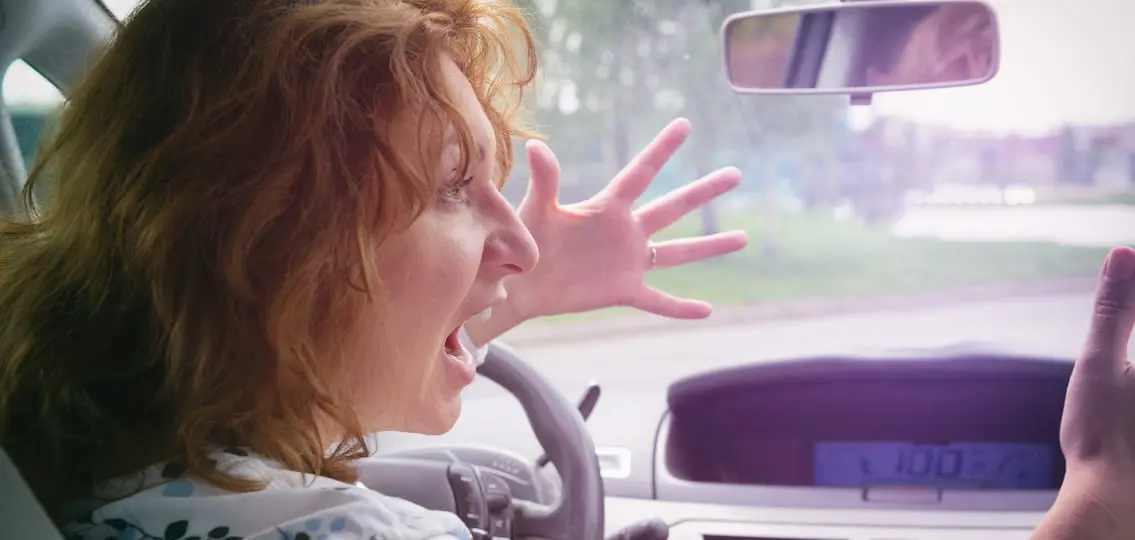Fifteen-year-old Lex is sitting on the couch watching videos, dirty dishes on the cushions, her backpack of homework unopened on the floor. Her mother, Sarah, enters the room. She is fuming because Lex has been ignoring her requests to clean up and get to work on her English essay.

The pair start to argue, and Sarah feels her anger rise to a new level. When Lex swears at her and starts to walk away, Sarah explodes. She swears back at Lex, calls her a spoiled, lazy brat, and says she doesn’t care anymore whether Lex finishes her homework; she’s done. An hour later, when Sarah is calmer, she starts to feel terrible. She knows she went too far and said things she didn’t mean.
Fixing Bad Parenting Moments
Sound familiar? It happens to most of us at some point during our parenting journey, particularly when our kids reach adolescence.
Parenting requires endless energy and patience. When we’re feeling rested and loved, and life is running along smoothly, we usually have plenty of both. Parenting feels easy. We roll with the everyday challenges of managing ourselves, our work, our households, and our families. We summon patience with our backtalking teen and can take a deep breath when our kids are bickering about stupid stuff (“It’s my turn for the good chair!”)
What about those other days, when we aren’t feeling particularly patient, and we parent in ways that we later regret? How do we move on when we yell or scream, or behave in a way that makes us feel ashamed?
As a family counselor, I spend a lot of time talking with parents about this. Though it’s easy to imagine that everyone else has this parenting gig figured out but us, the truth is, we’ve all entered that dark space where self-control disappears and our temper takes over. If we’re honest, we’ve all said or done things to our children that we wish we could take back. That’s part of being human.
We can’t make our parenting mistakes disappear, so how do we recover from them?
Own it
First, we have to own the mistake. Though it is painful, look carefully at what happened. Ask yourself some questions:
- Did I do harm to my child, physically or emotionally?If so, be gentle with yourself. You are taking the first step toward healing, both for yourself and for your child. Seek support from a professional.
- Do I need to take better care of myself, so that I can meet everyone’s needs?
- Do I need more support from family and friends?
- Does something need to change in my life for me to practice my parenting ideals (job, relationship, or other changes)?
Four Steps to Repair Damage
Next, take these four steps to plan for the future:
- Apologize to your child. Simply and honestly let your child know that you made a mistake, you feel bad about it, and you’re going to work hard so it won’t happen again.
- Respond with intention, rather than reacting in anger. Stop talking, arguing, teaching, or trying to be right. Remain quiet until you feel as though your rational self—not your anger—is in charge. Remember that your teen’s goal is to win this battle, at any cost. They may follow you, yell hateful things at you, or make threats (“I’m leaving this family! I hate you!”) Don’t take the bait. In the middle of an argument, neither of you is listening. So just stop talking and focus on regaining control of yourself.
- Set limits when you’re calm and talk about them with your child. Aim for a collaborative solution. (“It seems like it’s hard for you to turn off YouTube and start homework. Do you have any ideas about how you can manage your time better?”) Your teen will feel as though you respect their ideas and independence, and their chances of following through are vastly improved.
- Work hard to repair the relationship with your teen. You can do this through your positive attention, genuine interest in their well-being, and your ongoing love and support.

Use your guilt and regret to propel you forward, rather than allowing them to drag you down. Better days will come, but it is your responsibility as the parent to set the stage for them. While we cannot undo our past mistakes, we can use them as powerful motivation to work for closer relationships in the future.




